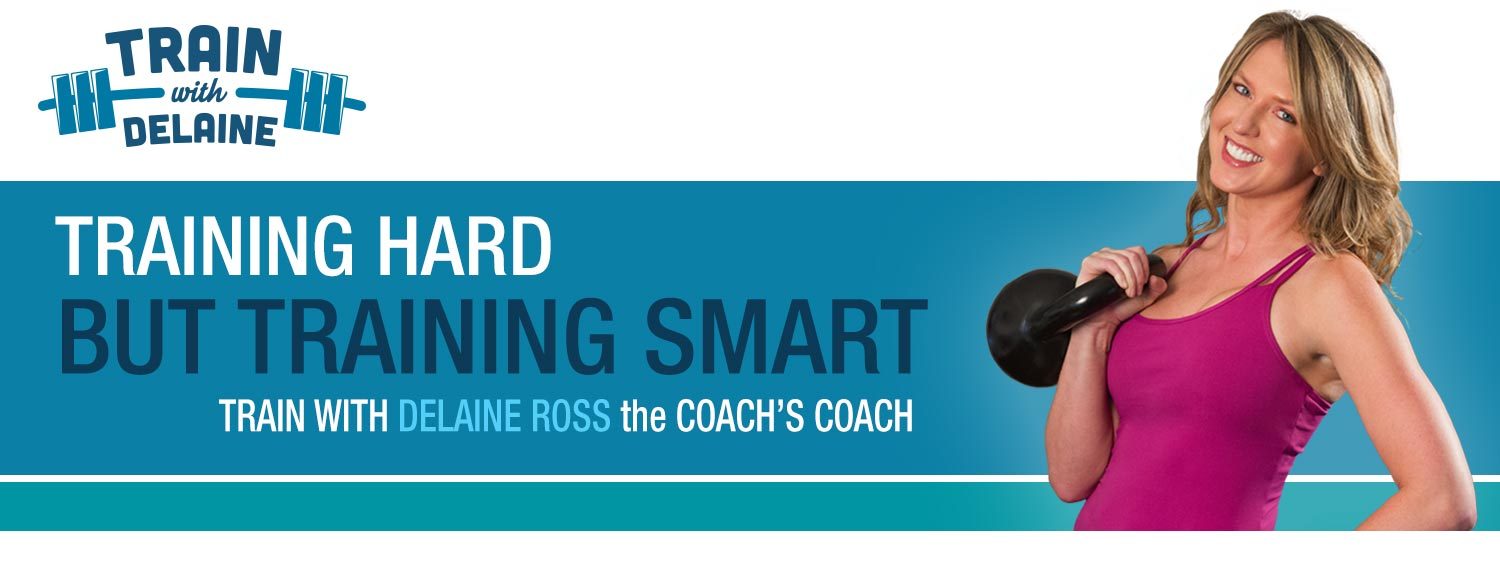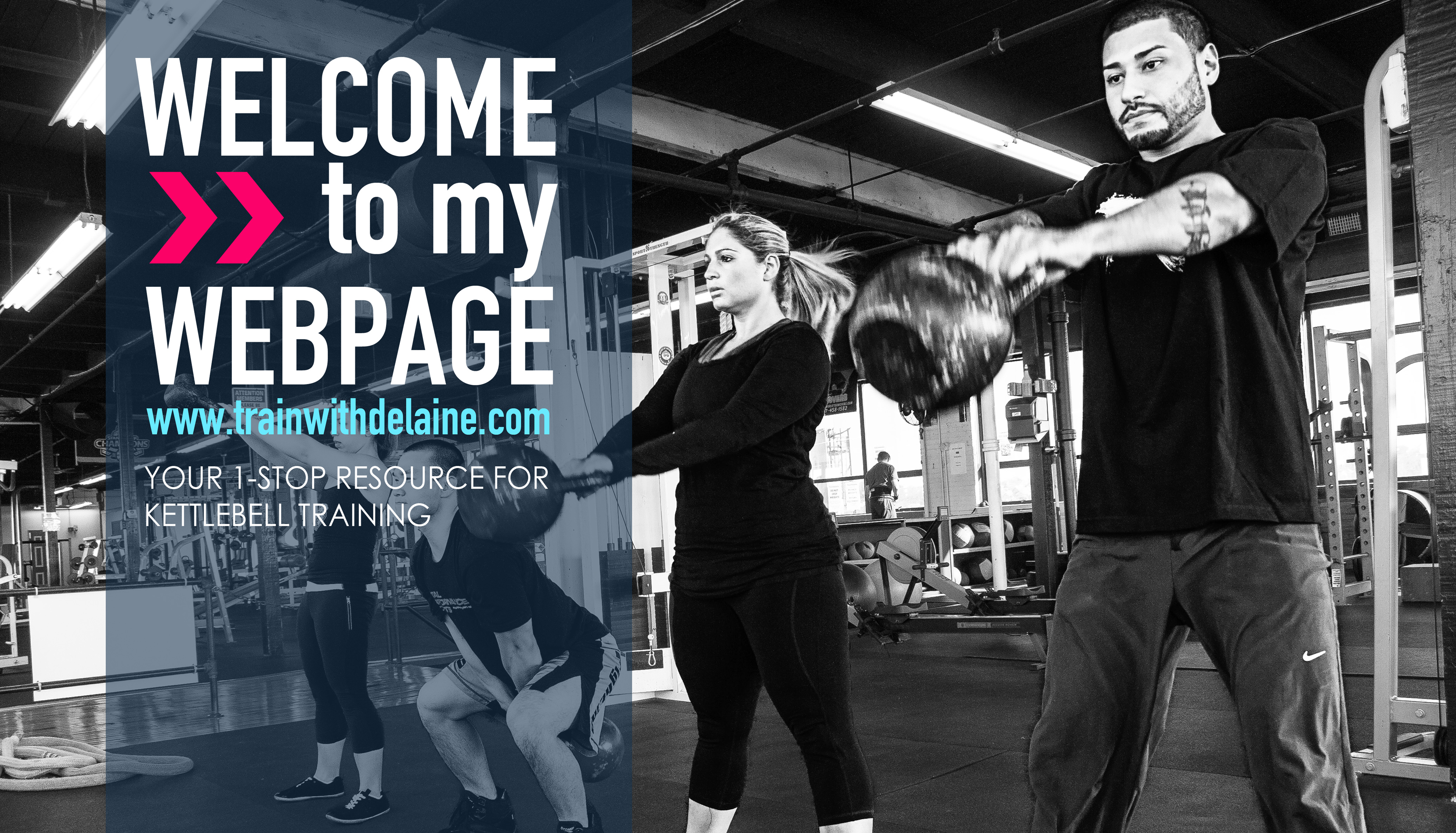Let me preface this with saying I’m not pushing a Whole30 on you in this post (although I do think everyone should do one in their lifetime as an education of how the food they eat affects their body composition, mood, and sleep and that’s all I’m going to say :)) But the lessons I learned written about in this post happened during my second Whole30.
I did my first Whole30 in 2012 and learned a ton about how the food I ate was affecting me. I looked better, felt better and figured out that grains make my face break out. There was definite validity in this way of eating and I was on board. I am a bit of a nerd, though, and wanted some real metrics on my second go ‘round. I needed tangible numbers if I really wanted to share the benefits with my friends and students.
August 2013 was my second Whole30. I am a strength educator who has to constantly tell my students that weight is just number and doesn’t necessarily reflect body composition. I also have to talk people down from the ledge and explain that more is not always better and overtraining is detrimental to progress. In our modern society, we glorify busy-ness and many people use their lack of sleep as a bragging right when, in actuality, good quality sleep – and enough of it – is key to both our body’s recovery and productivity.
Here is what happened on my second Whole30:
I did a hydrostatic body fat test on Day 1 and Day 28. At both “dunks” I weighed 130 pounds. Day 1 I was 16.3% body fat and Day 28 I was 13.8% body fat. I had lost 3 pounds of fat and gained 3 pounds of muscle. Do you think I looked or felt the same? No. But if I had been relying on a scale to tell me how I was doing, I would be extremely disappointed that I wasn’t losing weight while eating this clean. Throw the scale away. This also proves that you don’t always have to lose muscle when you lose fat.
You might be thinking that I trained hard 5-7 days a week to get these results. 3 pounds of muscle is a lot for 4 weeks. In the 4 weeks between dunks I only trained 9 times. And in those 9 training sessions I only did moderate exercise: 45 minutes of heavy kettlebell work but never training to failure. As my mentor Pavel Tsatsouline says, “Training to failure is training to fail.” I was treating my training sessions as practice, not “smokers.”
Also, this way of eating wasn’t a drastic change for me. As a Whole30 forum moderator, I was already not eating grains or legumes and barely eating dairy. This Whole30 made me realize that sugar and alcohol were the things affecting my sleep. I would have no problem falling asleep but would wake up at 3:30AM and toss and turn for a few hours before the alarm would go off. This adversely affected my workouts and my daily productivity. It was a terrible cascade making everything worse (including mood) because I wasn’t getting the right amount of quality sleep. Full disclosure: I do drink alcohol when not on a Whole30 but I know the consequences and can make an educated decision of when it’s worth it and when it’s not.
Before this Whole30 I thought my sleeping problem was because of caffeine so I gave up coffee for 30 days and nothing changed. But not having alcohol made all the difference. I would fall asleep right away and be dead to the world for 8 hours (and sometimes wake up without an alarm.) I’m sure sleep quality was the reason I was able to gain three pounds of muscle in one month only training an average of 2.25 times per week.
So throw away the scale, overtraining is not the best way to get to your goals, and don’t underestimate the importance of enough good quality sleep. These are the three things that were validated by my second Whole30.


Please note: I reserve the right to delete comments that are offensive or off-topic.